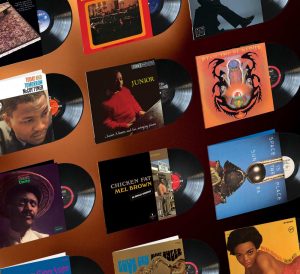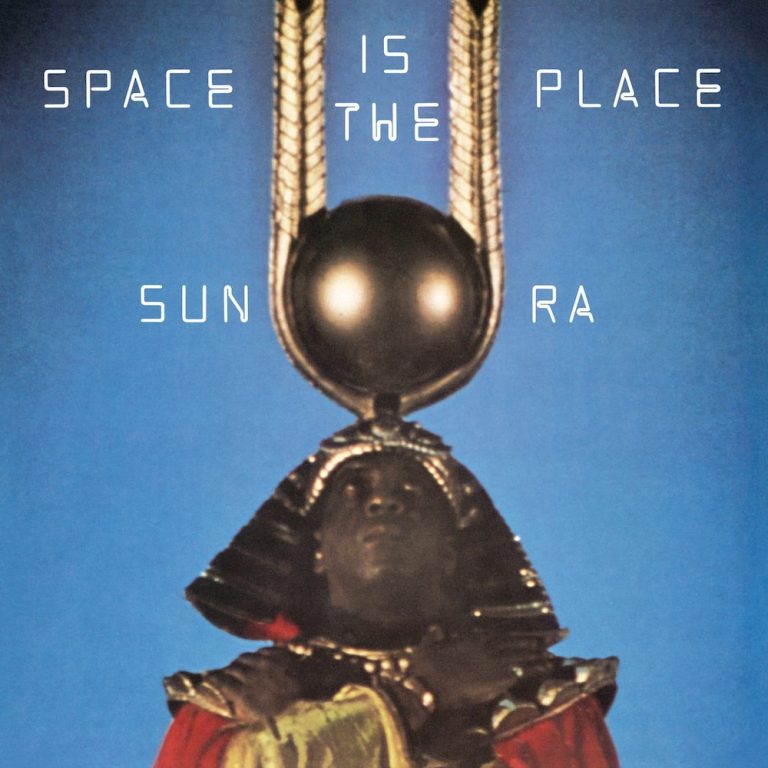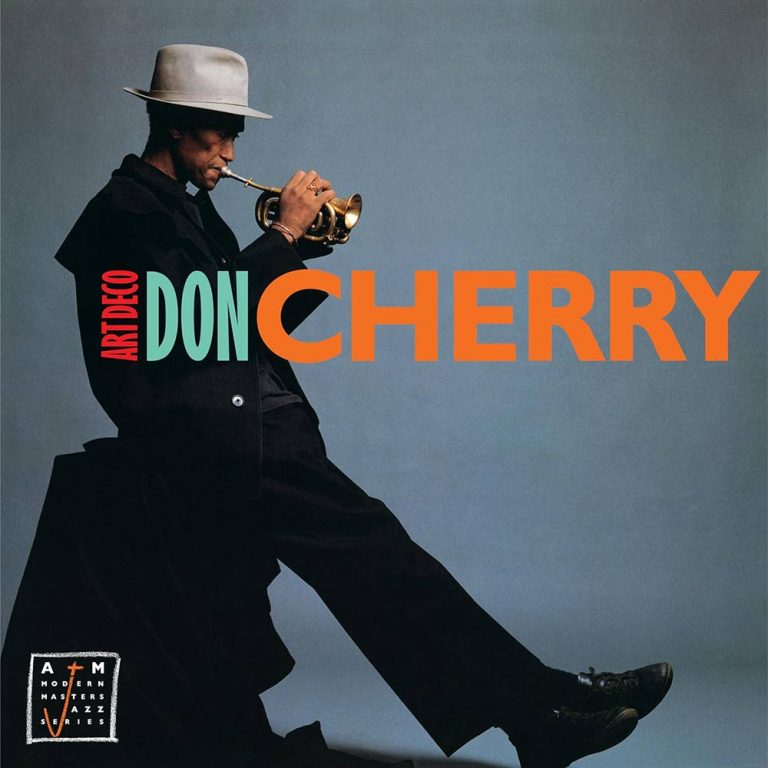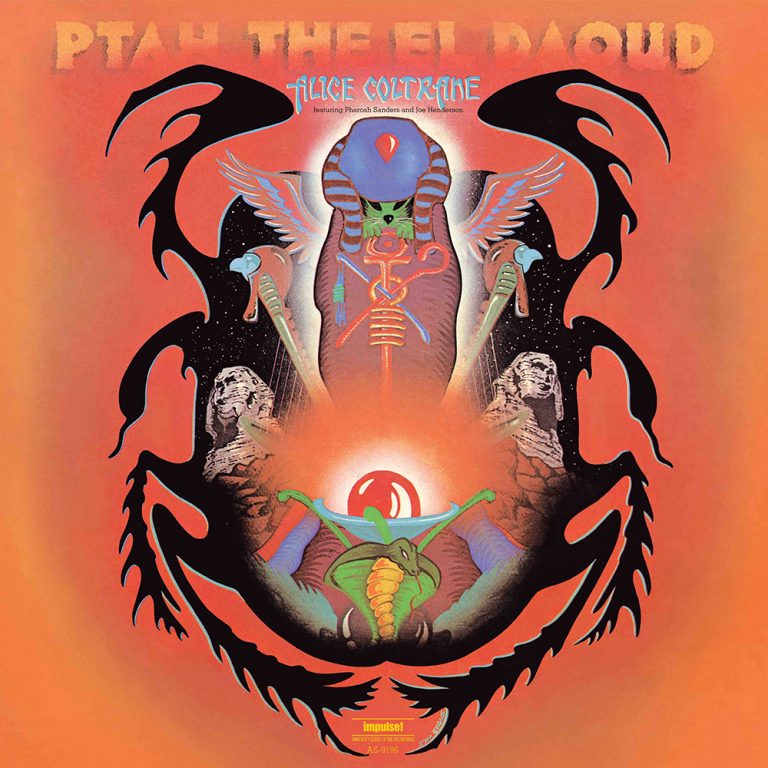For vinyl aficionados, the wide mandate of the Verve By Request series is likely a welcome surprise. Ken Druker, senior vice president of jazz development at Verve Label Group, describes it as an array of “fan favourites, overlooked classics, and a whole range of things that haven’t been on LP a long time” — and in practice, that means everything from trombonist Kai Winding’s mid-century anomaly “Modern Country” to Sun Ra’s iconic “Space is the Place” newly remastered (in most cases) and brought back to listeners in 180-gram vinyl, paired with the original art and liner notes.
“I’ve kept a running list of titles that I’d like to get to reissuing at some point forever,” says Druker. “It’s nice to be able to finally dig into that list.”
The Verve By Request series was originally launched in 1998 as a line of CD reissues of classic albums. Nearly two decades later, the series is getting new life through an old medium: the vinyl LP, which is nearly as trendy today as it was when the format was invented. “It’s the funniest thing ever to go from everything having to be on CDs to vinyl now outselling CDs,” says Drucker who was working at Verve when the series was originally launched. “A lot of younger people are finding this music on vinyl, so that’s really exciting.”

In fact, the series includes ’90s and ’00s albums like Don Cherry’s “Art Deco” and John Scofield’s “A Go Go” that were originally released on CD and are now available on vinyl for the first time — albums that, in Druker’s eyes, deserve to be spotlighted as classics and in the format that most people associate with classic jazz. “Art Deco is a record I’ve always loved — I’ve basically been listening to it since it came out,” says Druker.
Another swath of the Verve By Request catalog includes releases in almost the opposite category: vintage albums that were never reissued on CD. One of the first albums of the series, “Beat” by Roy Brooks, was among them, because it was originally released on a small Motown subsidiary called Workshop Jazz that got overlooked in the CD era. It was of paramount importance for Druker and the Verve team to launch the series with Brooks: “It’s just an unbelievable record, one that people don’t know but would love if they got the chance to hear it,” Druker says.
Brooks also checked another important box for Verve and Third Man: Like the latter label and pressing plant, Brooks’ roots were in Detroit. So were Alice Coltrane’s, which is one reason why her 1970 album “Ptah, the El Daoud” with Pharoah Sanders and Joe Henderson on saxophone, was a priority release for this series. The collaboration with Third Man also helped widen the scope of Verve By Request. “It’s a great pressing plant and a great company,” says Druker. “They bring their own fans to this, and have their own kind of musical attitude.” Third Man is pressing special Third Man Editions of each release, available exclusively at their locations and at uDiscoverMusic — those limited editions feature yellow-and-black (the label’s trademark colors) versions of the original art on the jackets, which are screen printed in Detroit.
The most important part of the series, to Druker, is the fact that it’s giving new life to great music. Without the higher price point of a true audiophile’s reissue, there’s more room to experiment with lesser-known releases as well as beloved (if under-distributed) classics — like the aforementioned Kai Winding record. “It’s the Nashville Sound, with the Anita Kerr Singers — all the big hits — and it’s fantastic,” says Druker. “I’m hoping between Third Man and Verve people find this record.” The fun anomalies keep coming: Stan Getz’ “Marrakesh Express,” produced by “fifth Beatle” George Martin is another “nutty record that people should hear,” as Druker puts it.
All the albums, from iconic to eclectic, get to be experienced as they were originally meant to be, as objects that can be treasured for years to come. “It doesn’t seem quite as disposable as a streaming version,” says Druker of the appeal of vinyl, and why it’s important to have this music available in the format. “It gives you a real, physical connection to the music.”

Want to add these to your collection? Browse the complete Verve By Request Series on the Everything Jazz store.
Read more about archive treasures in … Tone Poets: When Joe Harley met Darryl Sheinman
Natalie Weiner is a writer based in Dallas covering music and sports. Her work has appeared in the New York Times, the Washington Post, Billboard, Rolling Stone, Texas Monthly and NPR, among other publications.
Header image: Verve By Request Collection.







